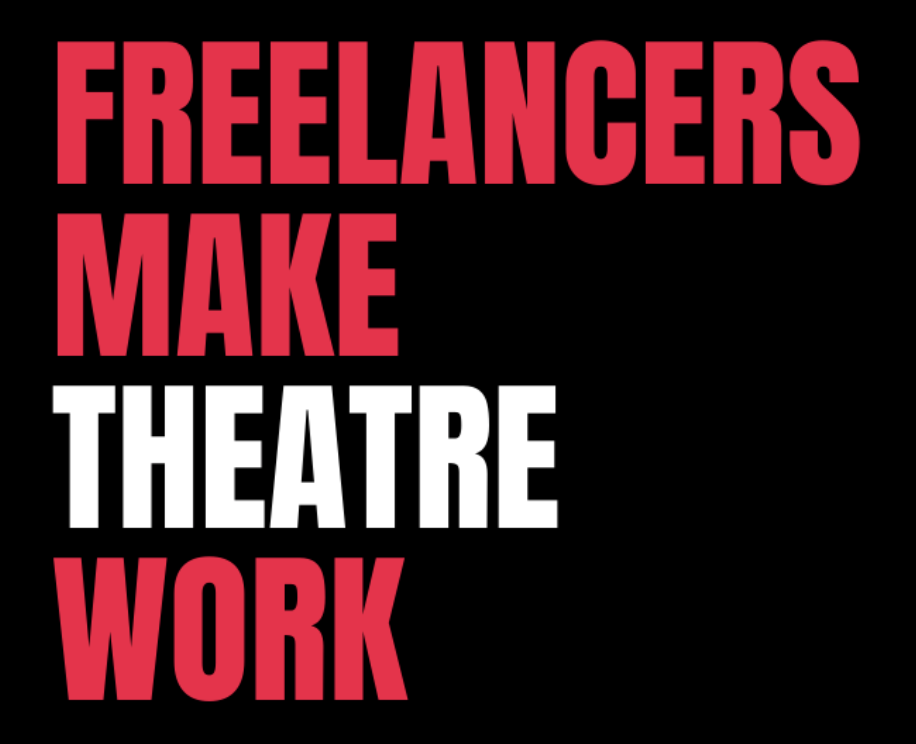Creative workers seeking silver linings, start here
It seems like there’s been nothing but bad news for the creative industries since the start of the pandemic. However, good things have happened. Let’s take a moment to celebrate some of them…
We should start by acknowledging the giant, viciously-tusked elephant in the room: things have not gone well lately for creative workers.
Camera operator, dancer, opera singer, publisher, podcaster, designer, writer, photographer, or musician: the one thing we all have in common right now is that our industry, our finances and our access to wider opportunities, have all taken a considerable hit.
It can be easy to lose hope in the face of such news, but this is exactly why it’s crucial to recognise and celebrate the victories of the last few months. And there have been victories. Skills have been gained, organisations formed and new community champions have emerged, all of which will have lasting, positive impacts on the creative industries.
Ever the optimist, below I’ve rounded-up a few reasons to be cheerful…

1. Our professional communities have grown much stronger
Wherever you look in the creative industries, you will see new organisations forming, new voices emerging and established bodies finding new ways to connect with their communities.
Take Freelancers Make Theatre Work, for example. They only launched in June, but have since worked relentlessly for UK theatre workers, sharing a huge variety of useful resources (from mental health to financial guidance), showcasing the people behind the industry figures and being somehow both fierce and friendly in articulating freelancers’ needs.
Elsewhere, the mentoring and development opportunities on offer from existing bodies like Women In Film & TV, ScreenSkills and Presspad UK have been really well-received. Helping their respective industries to open-up a little more and start to move beyond simply paying lip service to the idea of community.
2. Tom Gray’s #BrokenRecord campaign is raising awareness of an inadequate royalty system
Songwriter and Gomez man Tom Gray has been doing a fantastic job of highlighting streaming services’ low royalty payments at a time when musicians and writers most depend on them.
A songwriter might get just 6.5% of a song’s streaming revenue of “approx £0.005 per play, ” Gray says – and this can be split across multiple writers.
The problem is by no means solved, but more people are aware of it than ever, the pressure on the streaming services to change has never been higher and there are now real conversations being had about alternative models and solutions.

3. Fans are backing artists and creators in more ways than ever
Patreon says creators have now raised more than $2 billion via its platform. It reportedly took six years for the first billion, but just 15 months for the second. Meanwhile, 100,000 new creators have signed-up since March. It’s no panacea but it shows people are realising that their favourite creatives need real backing, not just meagre royalties or Google Ad revenue.
Elsewhere, BandCamp – hailed by the industry as one of the best ways to support musicians – has risen to the challenge. Since they start of the pandemic they have channelled some $20 million directly to artists and labels via the BandCamp Friday scheme, which sees the firm wave their platform fees on the first Friday of the month. They also report that since March, fans have bought over $75 million worth of music and merchandise via the platform.
Want to know more about Patreon? Check out our guide How does Patreon work for artists and creators? featuring UK podcasters RedHanded.
4. The Music Venue Trust’s #SaveOurVenues campaign has already helped save 140 iconic small venues
The Music Venue Trust is a charity that aims to protect the UK’s grassroots venues, recognising that our world-beating music industry needs to be supported from the ground-up. They have performed phenomenally well during the pandemic, playing a big role in securing the £2.25 million emergency support package that kept the lights on in over 140 of the UK’s finest small venues. They are still over 400 that need help, but they’re still coming up with innovative ways to raise cash and awareness.
In addition, they’ve also raised £1 million for their own crisis fund, led a new ‘Passport Back To Our Roots’ (big artist, small gig) initiative for re-opening and secured £2.2 million support for Scottish venues.
The #SaveOurVenues campaign still needs support and you can donate here

5. Fierce new champions have emerged
Yes, it’s a bit comic book, but the work of those behind the collective #GapsInSupport campaign has been nothing less than heroic. Rishi Sunak may pretend he isn’t listening, but he’s definitely heard.
Meanwhile, the seemingly tireless efforts and punchy campaigning of the likes of Ellie Phillips, Jodie McCallum and all those behind the Forgotten PAYE, New Starters For Justice, Forgotten Ltd and BBC PAYE freelancers groups is raising real awareness of the issue, with new major media coverage appearing every day.
It’s been a really tough time for some of us, but the campaign has, I suspect, provided a quite literal lifeline to those they represent – many of whom have now gone many months without income or appropriate government support.

Looking for funding opportunities?
The Creative Money newsletter brings you a fortnightly round-up, direct to your inbox.
Sign-up below!
6. That £1.57 billion support package
There are valid concerns about the government’s £1.57 billion support package for the arts. Are we going to wind-up sustaining cultural venues at the expense of our creative workforce? Is it going to materialise on time? Is the Arts Council funding process inherently biased to organisations overloaded with hefty salaries and administrative workers?
However, £1.57 billion is nonetheless a huge figure and a significant statement of support for the sector. Some of it has already fed through to the small venues fund (above), while £2 million has been split between HelpMusicians Financial Hardship Funding programme and UK Theatre’s Theatre Artist’s Fund.
What’s more, following this week’s deadline, the Culture Recovery Fund will soon be distributing grants between £50,000 and £3 million to successful applicants.
7. The tide just might be turning (albeit slowly)
It will come too late for many and maybe we’ll take a step backwards before we move forwards this winter, but the wheels of democracy are slowly turning in the creative industries’ favour. The Digital, Culture, Media and Sport Committee (which scrutinises the government’s DCMS department) has completed its inquiry into the impact of Covid-19 and has recommended the creation of “a sector specific deal that provides continued support for cultural workers, including freelancers and small companies…” Encompassing “long-term support, including tax reliefs, to rebuild audience figures and investment.”
This is by no means a done deal – the government has two months to respond and may well mumble about the £1.57 billion and do little else – but it is a positive step. Let’s hope it’s the first of many.

Creative Money Blogs include principles, resources and opinion pieces relating to personal finance for creatives.
How can we help you?
What issues are you facing? What questions do you have about managing your money in the creative industries? What would be most helpful to you?
We don’t have all the answers, but maybe we can find someone that does.
